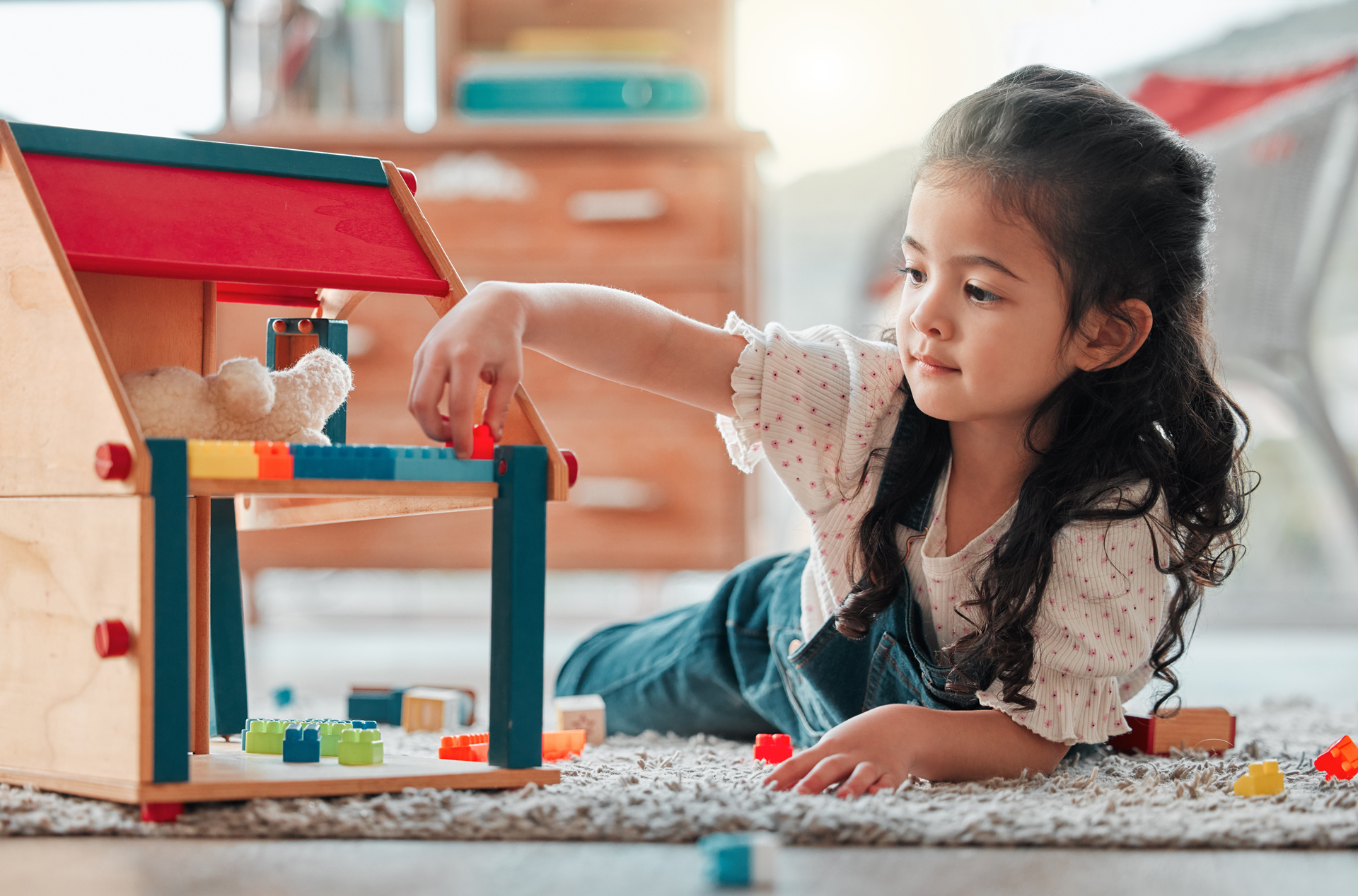Play is more than just fun for children—it’s essential for their growth and development. Children explore the world, develop critical skills, and build relationships through play. Research shows play fosters cognitive, emotional, and social development, setting the foundation for lifelong success.
How Play Enhances Cognitive Development
Building Problem-Solving Skills
Play encourages children to think critically and solve problems. Activities like puzzles, building blocks, or role-playing scenarios teach kids to evaluate situations, make decisions, and adapt to challenges. These experiences nurture their creativity and ability to innovate.
Boosting Language and Communication
Imaginative play is a powerful tool for language development. Conversations during pretend tea parties or storytelling games expand vocabulary and strengthen communication skills. These interactions help children articulate thoughts, making them better communicators.
Encouraging Creativity
Open-ended activities like drawing, crafting, or constructing allow children to express their ideas freely. This fosters creativity, a cornerstone of cognitive flexibility and problem-solving later in life.
The Emotional Benefits of Play
Expressing and Managing Emotions
Play provides a safe space for children to explore their emotions. Pretending to be a superhero or acting out caregiving roles with dolls helps them process feelings and build emotional awareness. These scenarios teach kids how to regulate their emotions in real-life situations.
Building Confidence and Resilience
Mastering a game or completing a creative project boosts a child’s self-esteem. Play also teaches resilience; when kids take risks, such as climbing a new playground structure or solving a tricky puzzle, they learn to overcome challenges and grow stronger emotionally.
Social Growth Through Play
Learning Teamwork and Cooperation
Playing with peers teaches valuable social skills like sharing, turn-taking, and collaboration. Group games, whether in sports or on the playground, help children understand how to work together to achieve goals.
Developing Empathy and Perspective-Taking
Role-play encourages children to see the world through others’ eyes. Whether pretending to be a teacher, doctor, or teammate, these activities build empathy and help kids understand different perspectives, a critical skill for building meaningful relationships.
Resolving Conflicts
Disagreements during group play allow children to practice conflict resolution and negotiation. These lessons in compromise prepare them for future social interactions and teamwork.
Creating Play-Friendly Environments
At Home
Parents can foster play by creating spaces with toys, books, and art supplies. Participating in activities like board games or imaginative scenarios strengthens the parent-child bond. It helps children develop skills in a supportive environment.
At School
Schools can incorporate play into the curriculum to balance academics with creative exploration. Recess and unstructured free time are crucial for allowing kids to recharge and engage socially. Teachers can also use play-based learning techniques to make lessons more interactive.
In the Community
Public parks and recreational programs provide valuable spaces for children to interact with peers. Community spaces promote physical activity, social engagement, and the development of essential life skills.
Play: The Foundation for a Brighter Future
Play isn’t just a pastime; it’s a powerful tool for shaping a child’s mind, emotions, and social skills. Through play, children learn to think critically, manage emotions, and form lasting connections—all essential for thriving in life.
Parents, educators, and communities play a vital role in supporting play. By encouraging diverse and meaningful play experiences, we can nurture confident, capable, and compassionate children.
To learn more about how play supports your child’s development or to discuss their overall health, schedule an appointment with a provider at Community Choice Pediatrics. Visit our website today and take the next step in supporting your child’s growth and success.

